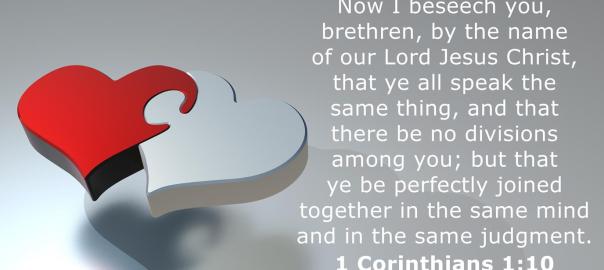Isaiah 8:23-9:3; 1 Corinthians 1:10-13,17; Matthew 4:12-23
A long-time past, a dear friend of mine, an elderly nun, had a grandnephew who is a paraplegic, married but unable to father a child. By a method forbidden by our Catholic Church, his wife conceived and bore a beautiful baby boy. Along with a photo of the child at eighteen months, I saved the note that Sister sent me. She wrote, “Who could ever deny life to this child or the tremendous joy he has brought to his parents, especially his quadriplegic father? If you know anyone who has difficulty conceiving and is concerned about the Church’s ruling, show them this picture.”
Remarkable! This is from a highly intelligent, life-long Catholic nun. We mustn’t pretend that this sort of thing is not happening. It is happening all the time and all around us. And it is not a form of rebellion or apostasy or malicious disobedience. It is simply that good and faithful Catholics faced with difficult moral situations are turning to every resource they know of in their attempt to arrive at a decision in good conscience. They hear openly and they respect deeply the official teaching of the Church, and they want to comply. They listen to other voices of responsible persons, voices that bear the marks of reason and goodwill. They consult, they read, they agonize, and they pray – and finally, they reach a conclusion that forms their conscientious decision.
I am well aware such talk as this can be upsetting to Catholics who believe that what is expected of us as disciples of Jesus is unquestioning obedience to every law and teaching of the official Catholic Church. But that cannot be so. The church itself, at even the highest level of its authority, teaches that each of us must be guided ultimately by our own individual conscience. We have the duty, she makes clear, to work at developing a conscience that is as correct, as good, as we can humanly make it to be. And then we must make a courageous leap of faith, trusting that what we have determined to be the right thing to do is in fact precisely that.
In today’s second reading, the short excerpt from St. Paul’s letter to the newly baptized converts in the Greek city of Corinth, he expresses the hope that there will be no divisions among them, but that they will remain united in one mind and in one purpose. He says he is disturbed by the rivalries that he’s been hearing about. But the rivalries are based on by whom they were instructed and formed for their commitment to the new way of Christ– some by Paul himself, others by Apollos, and still others by Cephas. This situation of an almost cultic loyalty to the person who led them into the reform movement started by Jesus and his apostles gave the impression that their allegiance was not primarily to Christ but to the messenger who introduced them to his way of life. And Paul says, in effect, Hold on there! Remember that it wasn’t I or any of the other missionaries who died for you – it was Jesus!
Thus, the centrality of Jesus and his gospel. Paul insists there must be absolute unity. But that cannot mean that disagreements concerning what Jesus taught and what he meant must never occur. It cannot mean that in areas that Jesus never spoke about all must be of one conviction. Quite the opposite, the infant church starts out with a verbal brawl between a couple of the apostles and the chief of them all, Peter, over a major requirement for prospective converts and whether it should stand or not. Peter, the one we think of as the first pope, took the conservative side, but soon enough became convinced that he was wrong, that he had misunderstood the mind of Christ and of the Spirit of God, and willingly, even eagerly, gave in to his opponents.
Trained as we Catholics are to be obedient, the very notion of such freedom can be unsettling to some of us. But the truth is that Christian discipleship – being a faithful follower of Jesus as a member of the Catholic Church – does not demand that we abandon our God-given capacity to reason and to decide. Quite the opposite, while we must listen with an open and receptive mind to the official position of the church, we have also to weigh the options before us carefully and with much prayer. We have the duty to consult broadly in every way possible to us. And then we must finally make a decision and live with it in peace. We remain firmly united with the Christian community, especially through our weekly Eucharist, where we can always be of one heart, though never totally of one mind.
